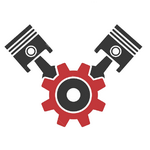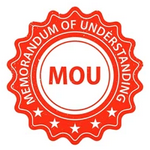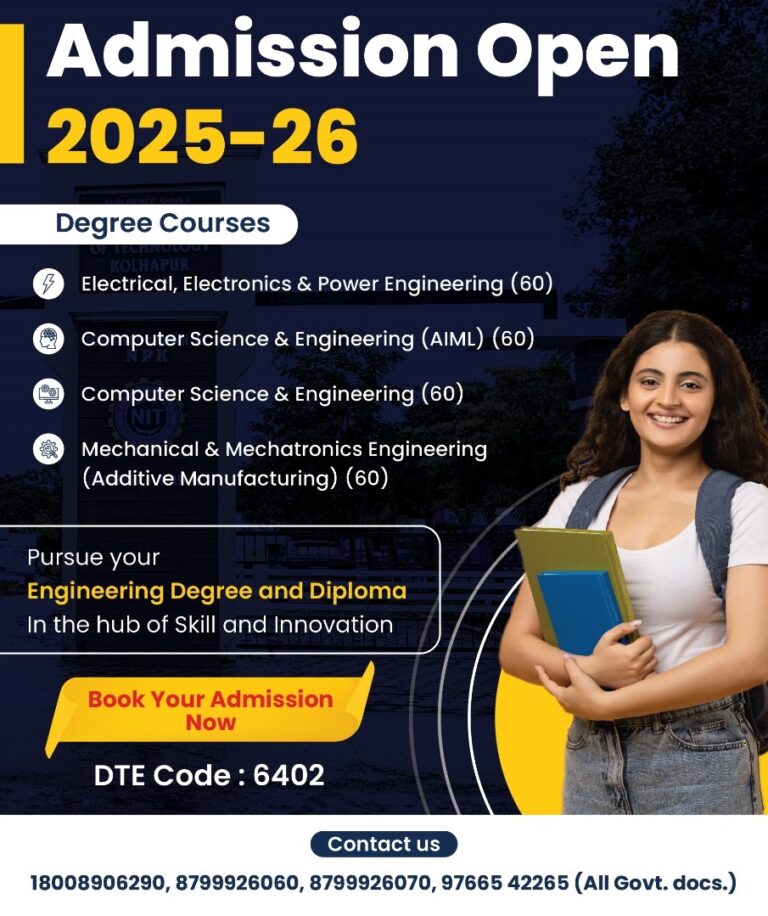Department of Mechanical and Mechatronics Engineering (Additive Manufacturing)
Shape The Future
Offered Programme and Certification:
B. Tech
Mechanical and Mechatronics Engineering
( Additive Manufacturing)
Duration:
- 4 Year (After-12th)
- 3 Years (After Diploma or equivalent)
Eligibility:
- Eligibility: 12th(CET/JEE) pass for 4 years Programme
- Diploma Engineering in any stream or equivalent pass for 3 Years Programme
Programme Approved By : AICTE, DTE and BATU
Seats : 60/-
Diploma
Mechanical Engineering
Duration:
- 3 Year (After-12th)
- 2 Years (After 12th Science or equivalent)
Eligibility:
- Eligibility: 10th pass for 3 years Programme
- 12th Science with PCM group or equivalent
Programme Approved By : AICTE, DTE and MSBTE
Seats : 60/-


Scope of Mechanical Engineering
Mechanical engineering offers a broad scope of study and opens up various career opportunities across multiple industries. Here are some key aspects of the scope of mechanical engineering study:
Core Engineering Principles: Mechanical engineering encompasses a wide range of foundational engineering principles, including mechanics, thermodynamics, materials science, fluid mechanics, and control systems. Studying mechanical engineering provides a strong foundation in these fundamental concepts, which can be applied to various engineering disciplines.
Design and Development: Mechanical engineering study focuses on designing and developing mechanical systems, products, and components. Students learn how to create innovative solutions, analyze and optimize designs, and use computer-aided design (CAD) tools for modeling and simulation. The scope of mechanical engineering study includes developing the skills necessary to bring ideas from concept to reality.
Manufacturing and Production: Mechanical engineers are involved in the manufacturing and production processes of various industries. They learn about manufacturing techniques, automation, quality control, and production planning. This knowledge enables them to optimize manufacturing processes, improve efficiency, and ensure the cost-effective production of mechanical systems.
Energy and Power Systems: Mechanical engineering study includes a focus on energy and power systems. Students learn about energy conversion, thermodynamics, renewable energy technologies, and power generation and distribution. This knowledge prepares them for careers in the energy sector, including working on power plants, renewable energy projects, and energy-efficient systems.
Robotics and Automation: The scope of mechanical engineering study has expanded to include robotics and automation. Students learn about robotics principles, automation technologies, and control systems. This knowledge equips them to design and develop robotic systems, automate manufacturing processes, and optimize industrial automation.
HVAC and Refrigeration: Mechanical engineers play a vital role in designing and maintaining heating, ventilation, air conditioning (HVAC), and refrigeration systems. They study topics such as thermodynamics, heat transfer, and fluid mechanics, which enable them to design efficient and sustainable HVAC systems for buildings, as well as refrigeration systems for various applications.
Automotive and Transportation: Mechanical engineering offers opportunities in the automotive and transportation industries. Students learn about vehicle dynamics, powertrain systems, aerodynamics, and vehicle design principles. They can work on the design, development, and testing of automobiles, motorcycles, aircraft, and other transportation systems.
Research and Development: Mechanical engineering study can lead to careers in research and development. Graduates can contribute to the advancement of engineering knowledge and technology by conducting research, developing innovative solutions, and pushing the boundaries of mechanical engineering. They can work in research institutions, academia, or corporate research and development departments.
Interdisciplinary Fields: Mechanical engineering overlaps with other engineering disciplines, enabling graduates to work in interdisciplinary fields. They can contribute to areas such as mechatronics, biomechanical engineering, sustainable design, nanotechnology, and aerospace engineering, among others.
Entrepreneurship and Innovation: Mechanical engineering study fosters problem-solving skills, critical thinking, and creativity, providing a foundation for entrepreneurship and innovation. Graduates can start their own companies, develop new technologies or products, and pursue entrepreneurial ventures in various industries.
The scope of mechanical engineering study is vast and diverse, offering opportunities in traditional industries as well as emerging fields. Mechanical engineers are in demand across sectors such as automotive, aerospace, energy, manufacturing, consulting, research, and more. With their broad knowledge base and problem-solving skills, mechanical engineers can pursue diverse career paths and contribute to shaping the future through technological advancements and innovations.
Scope of Mechanical Engineering in Software Development
Mechanical engineers can play a valuable role in the software industry, particularly in areas that involve the integration of mechanical systems and software. Here are some aspects of the software industry where mechanical engineers can find scope and contribute:
Computer-Aided Design (CAD) and Simulation: Mechanical engineers proficient in CAD software can work in the software industry to design and simulate mechanical components, assemblies, and systems. They can utilize CAD tools to create 3D models, perform simulations for structural analysis, evaluate product performance, and optimize designs. Their understanding of mechanical principles and materials allows them to create accurate and efficient models.
Product Lifecycle Management (PLM): Mechanical engineers can contribute to PLM software development, which involves managing the entire lifecycle of a product, including design, manufacturing, and maintenance. They can work on developing software solutions that facilitate collaboration, data management, and version control for engineering teams involved in the product development process.
Computer-Aided Manufacturing (CAM): Mechanical engineers can contribute to CAM software development, which focuses on optimizing manufacturing processes, generating toolpaths, and programming machines for production. They can work on developing software tools that automate machining, optimize tool selection, and improve manufacturing efficiency.
Internet of Things (IoT) and Smart Manufacturing: With the growing adoption of IoT in manufacturing, mechanical engineers can contribute to developing software solutions that connect and integrate mechanical systems with digital networks. They can work on IoT platforms, develop firmware for connected devices, and collaborate with software engineers to enable data collection, analysis, and control of mechanical systems in smart manufacturing environments.
Robotics and Automation: Mechanical engineers can work in the field of robotics and automation, which involves developing software solutions for controlling and programming robotic systems. They can contribute to software development for robot motion planning, sensor integration, machine vision, and human-robot interaction. Their understanding of mechanical systems enables them to develop software that optimizes robot performance and ensures safe and efficient operations.
Finite Element Analysis (FEA) and Computational Fluid Dynamics (CFD): Mechanical engineers can work with software companies that specialize in FEA and CFD simulation tools. They can contribute to the development of software packages used for analyzing mechanical structures, conducting thermal and fluid flow simulations, and optimizing product performance. Their expertise in mechanical analysis and understanding of complex systems allow them to develop robust and accurate simulation software.
Technical Sales and Support: Mechanical engineers with software knowledge can work in technical sales and support roles for software companies serving the engineering industry. They can provide product demonstrations, assist customers with software implementation and troubleshooting, and offer technical guidance on software usage for mechanical engineering applications.
Cross-disciplinary Collaboration: Mechanical engineers can collaborate with software engineers, data scientists, and other professionals in multidisciplinary projects within the software industry. They can contribute their mechanical expertise and understanding of real-world systems to develop innovative software solutions that address complex engineering problems.
The scope for mechanical engineers in the software industry lies in the intersection of mechanical systems and software development. By leveraging their knowledge of mechanical engineering principles, materials, and system design, they can contribute to software solutions that optimize product design, manufacturing processes, and the overall efficiency of mechanical systems.

Department Vision
We develop competent Diploma Mechanical Engineers to fulfill the needs of the industry and the society.
Department Mission
- We
- Implement M.S.B.T.E. curriculum through effective teaching-learning.
- Maintain sound industrial interaction.
- Empower students for entrepreneurship, employment and higher education.
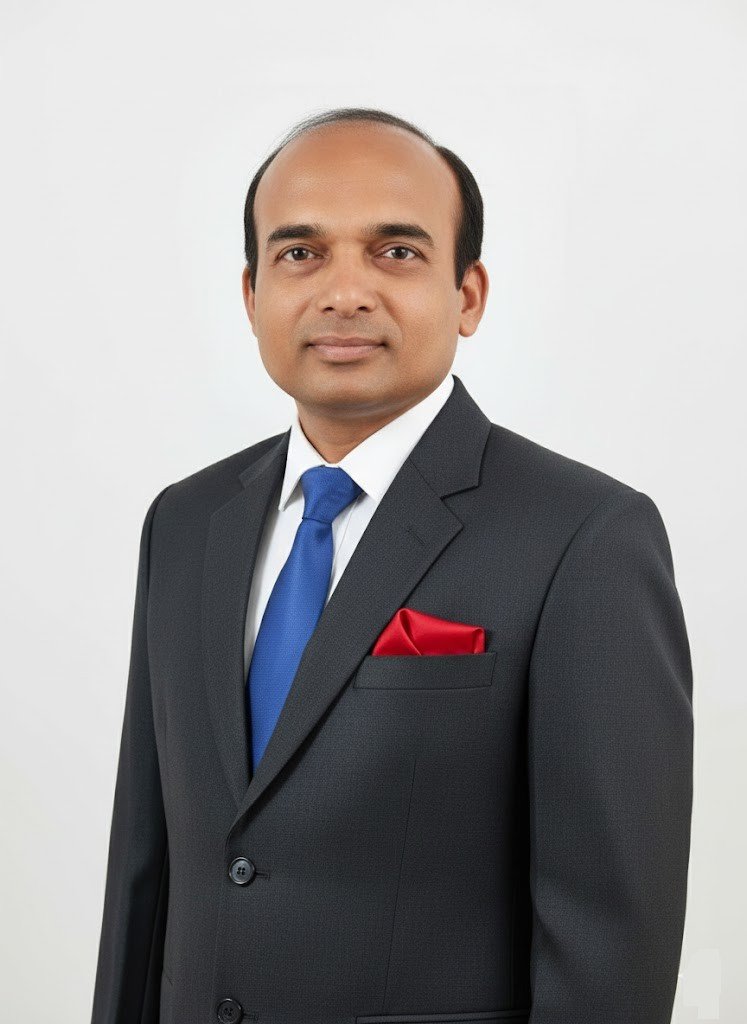
Message From HOD [ Mechanical Engineering ]
As the Head of the Department, my primary goal is to foster a dynamic and collaborative learning environment that prepares our students to excel in their careers and make significant contributions to society.
The Mechanical Engineering Department is committed to delivering high-quality education that meets the evolving needs of the industry. Our dedicated faculty members are experienced professionals, esteemed researchers, and passionate educators who are deeply committed to student success. They bring a wealth of knowledge and expertise to the classroom, guiding and mentoring students in their academic and professional journeys.
The department boasts state-of-the-art laboratories and facilities that provide a platform for hands-on learning, experimentation, and exploration. Our students have access to advanced equipment, simulation tools, and industry-standard software to enhance their understanding and practical skills in various areas of mechanical engineering.
Apart from academic pursuits, we also encourage our students to participate in extracurricular activities, student organizations, and competitions to further develop their leadership, teamwork, and communication skills.
Once again, welcome to the Department of Mechanical Engineering. Let us work together to achieve new heights of success! Warm regards,
– Prof. S. S. Patil
[ Head Of Department ]
Mechanical Engineering
15+ Years Experienced Teaching Faculty
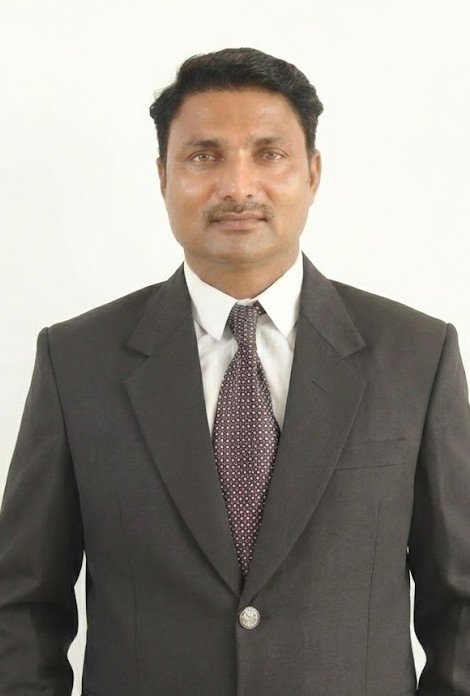
Asso. Professor
Prof. K. A. Valvade

Asso. Professor
Prof. A. A. Walwadkar

Asso.Professor
Y. S Gajgeshwar

Asso.Professor
V. V. Patil

Asso. Professor
D. M. Patil

Asso. Professor
Prof.M.E.Ghosalkar

Asst. Professor
Dr. V. V. Mane

Senior Lecturer
R. K. Yadav

Senior Lecturer
S. J. Patil

Lecturer
M. R. Patil

Lecturer
R. R. Warke

Lab Assistant
Y. S. Khade

Lab Assistant
R. L. Patil







